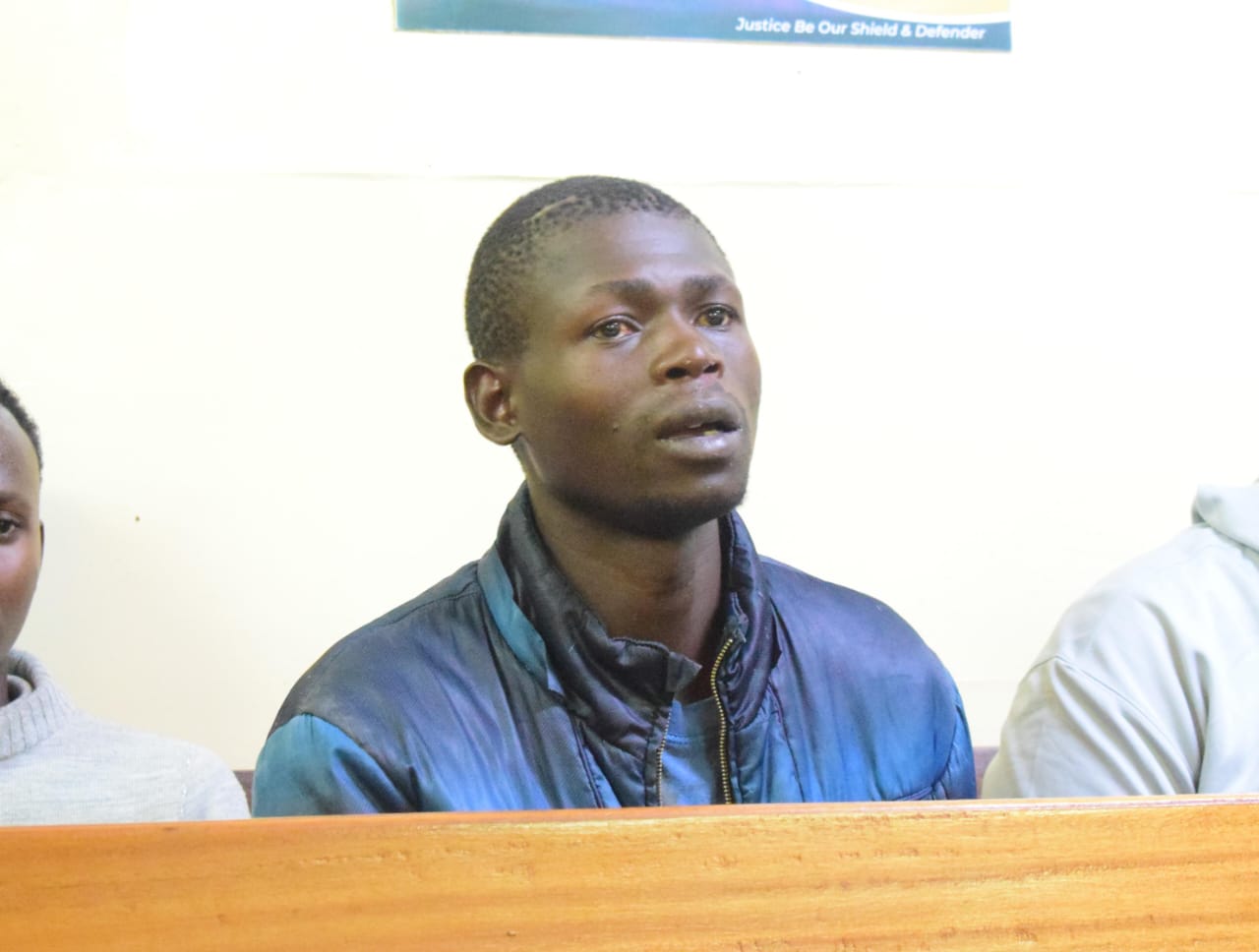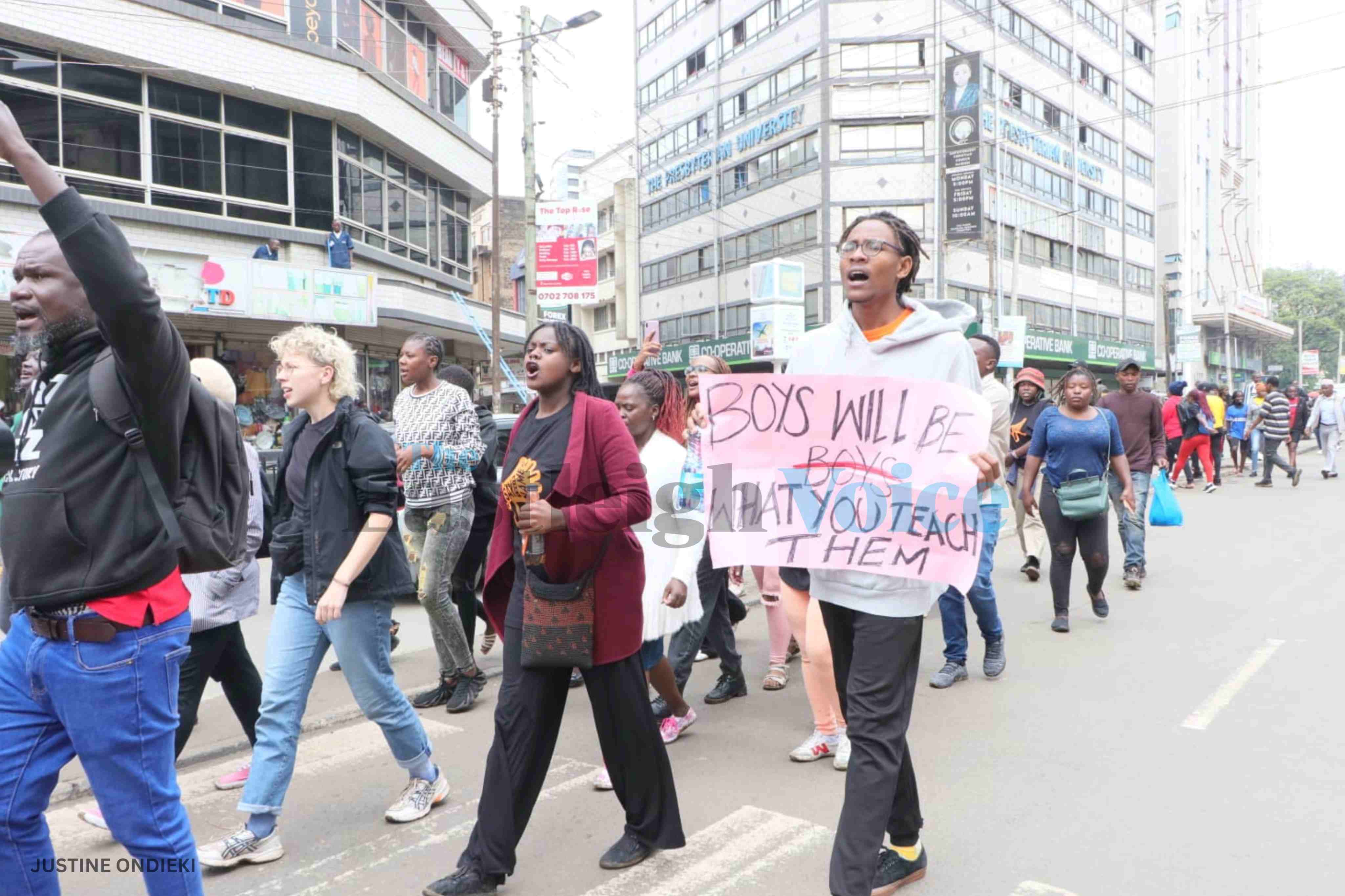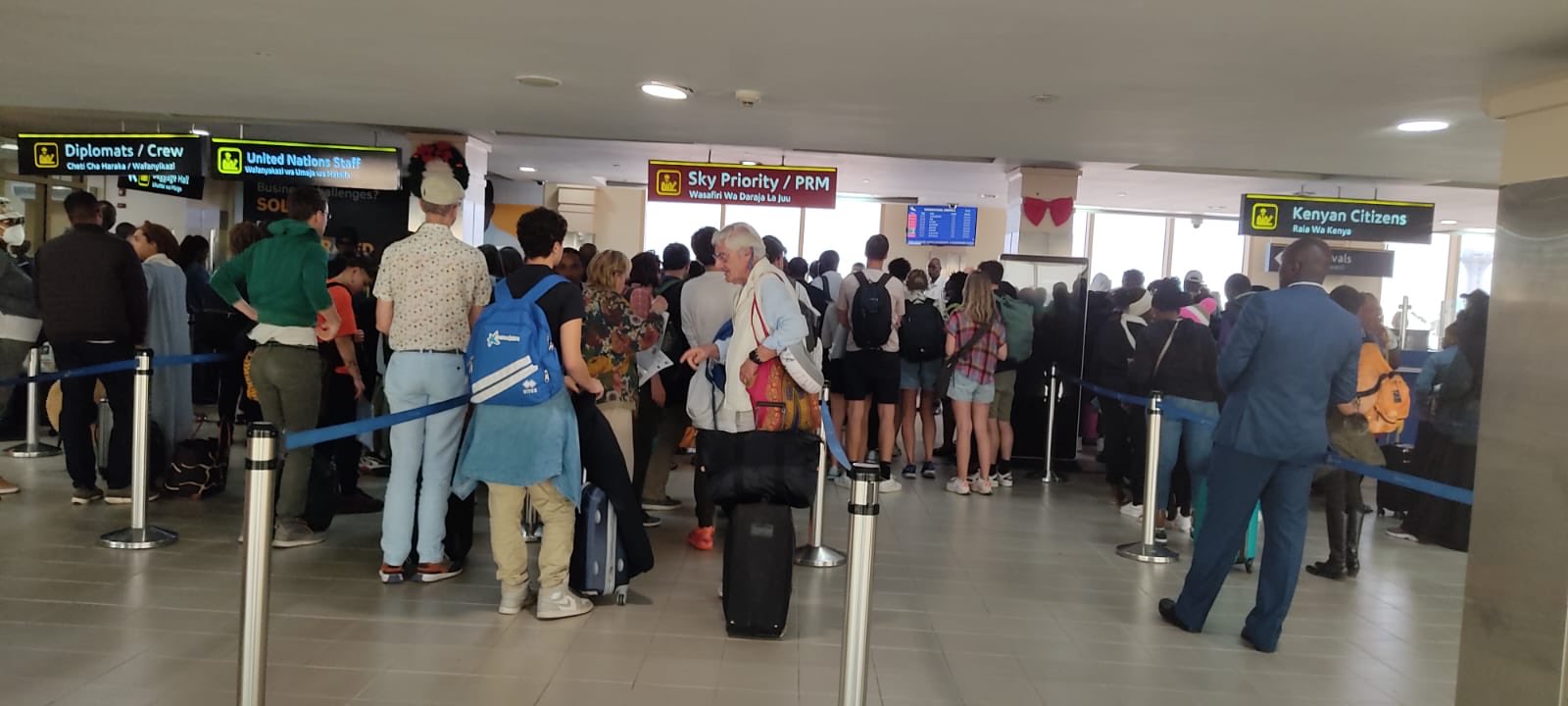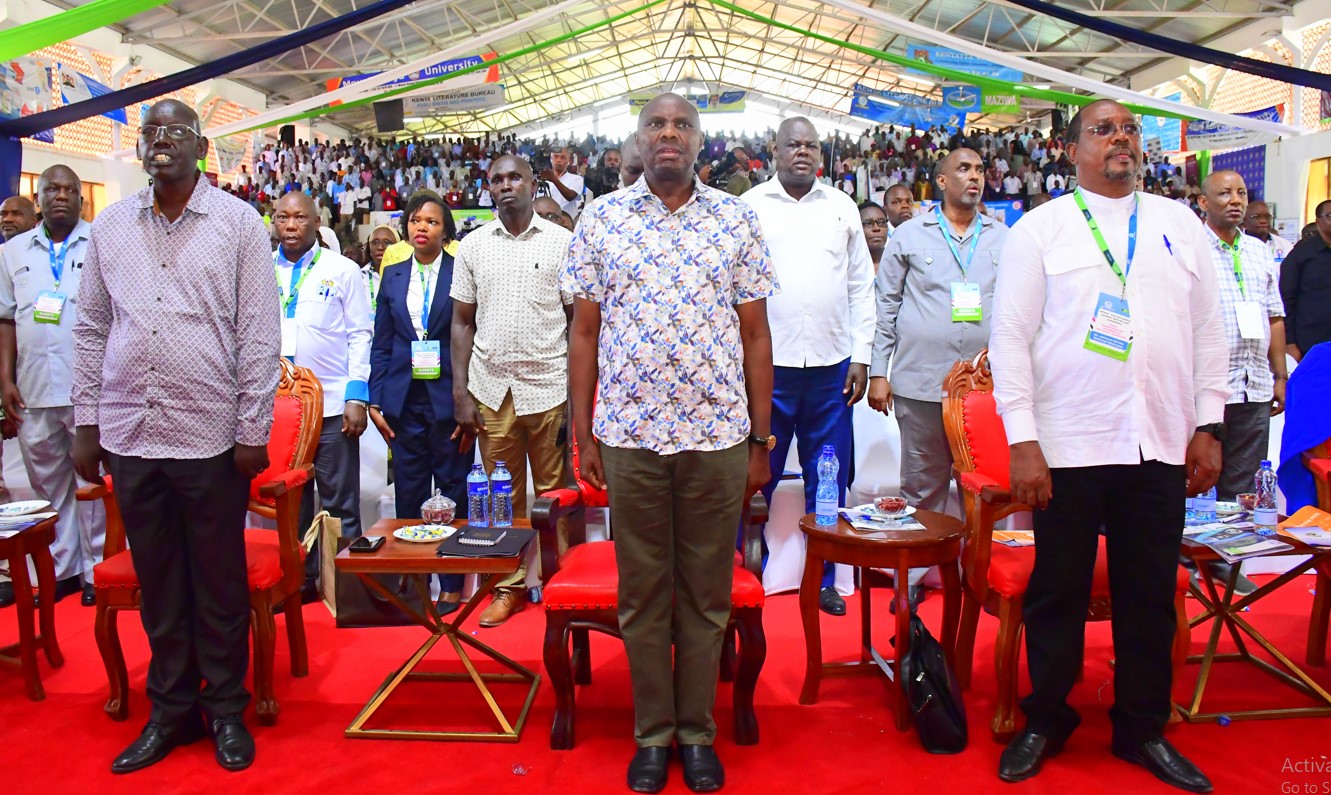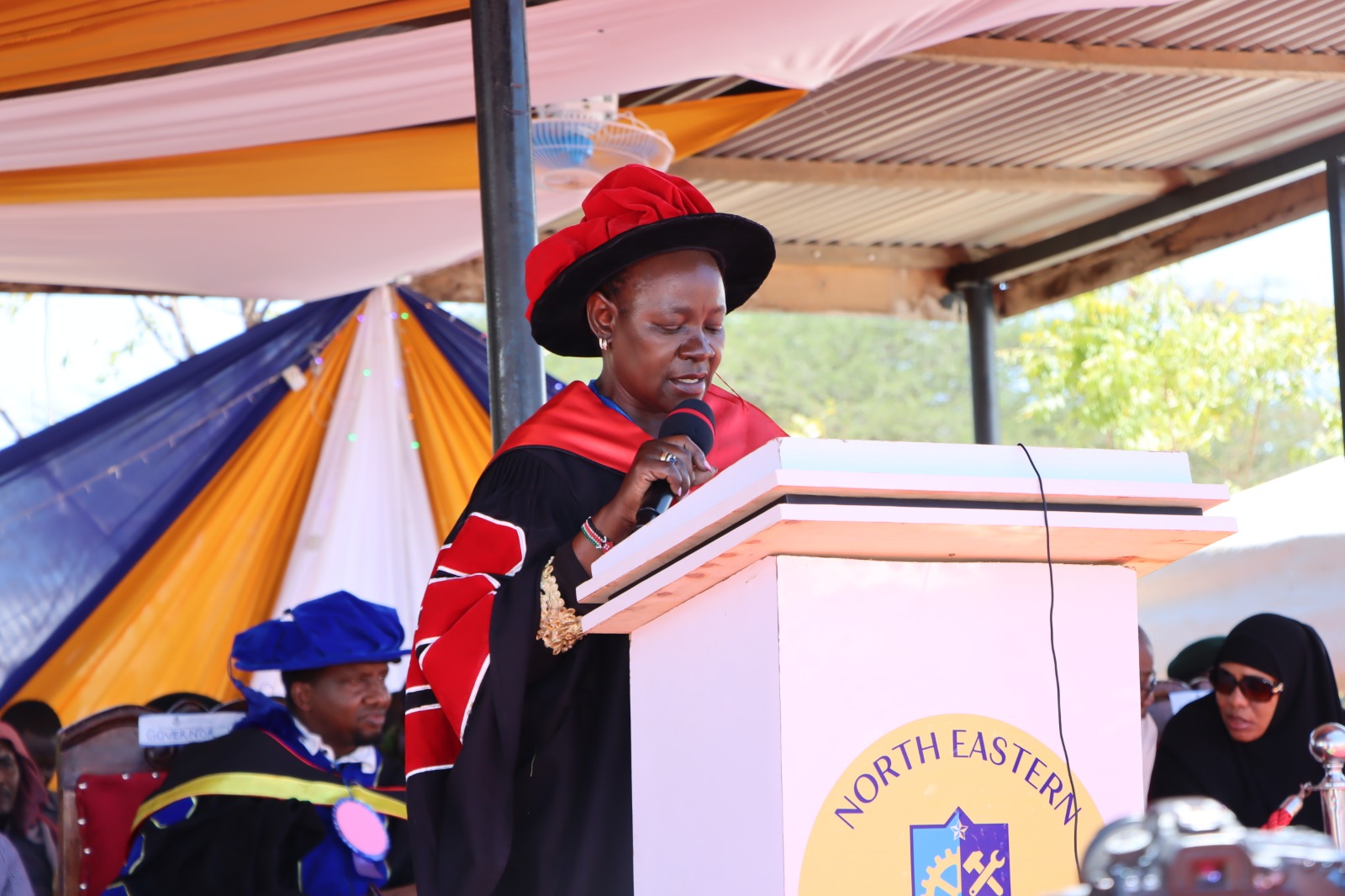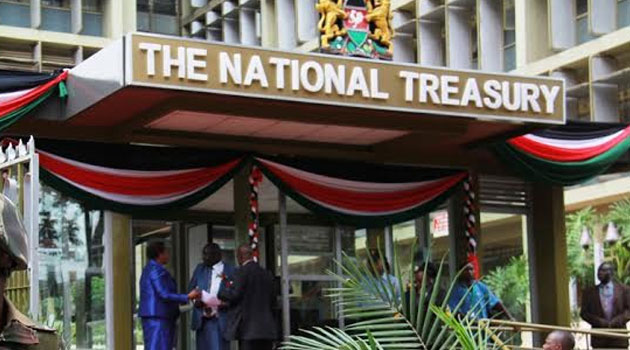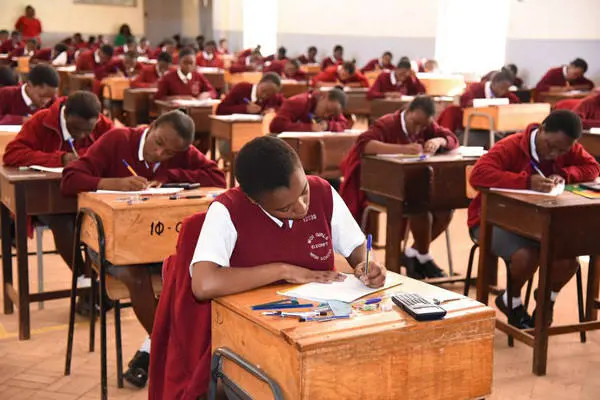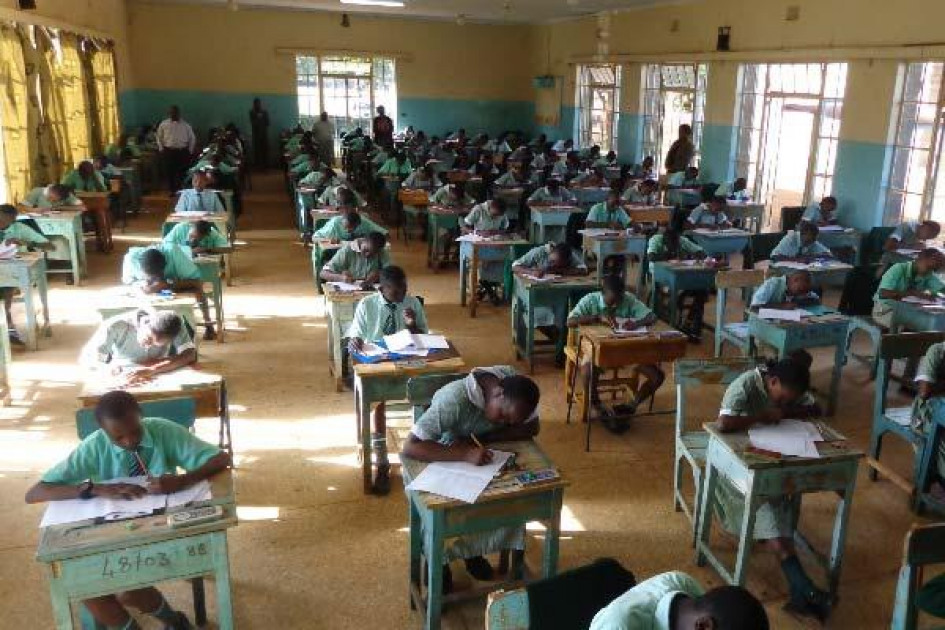KUPPET calls for release of capitation funds to avert early closure of schools
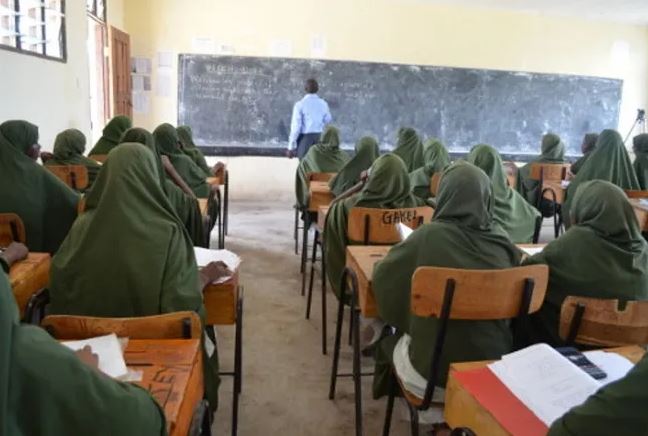
By Lucy Mumbi |
The government allocates Sh22,244 per learner annually under the free day secondary school program that is released in tranches.
The Kenya Union of Post Primary Education Teachers (KUPPET) has called on the government to release full capitation funds, failure to which secondary schools might close early this term.
According to the teachers, operations in schools, including extracurricular activities, have stalled due to a lack of enough capitation funds.
Keep reading
The government allocates Sh22,244 per learner annually under the free day secondary school program that is released in tranches.
For the first term, schools receive 50 per cent of learners’ capitation while 30 per cent is released during the second term, and 20 per cent is for the third term.
However, speaking on Thursday, Kuppet officials at the Nyeri branch urged the government to release the funds, saying only 15 per cent out of the 50 per cent trench has reached the schools.
“It is very unfortunate that this term, the Ministry of Education has only brought less than 25 per cent of capitation funds to schools out of the expected 50 per cent. School activities have completely stalled and many school administrators feel like they cannot manage the schools up to the end of the term,” Nyeri Kuppet Executive Secretary Francis Wanjohi said.
In January this year, the National Treasury announced the release of Sh31.34 billion, even as the government owed schools over Sh87 billion for the 2022/2023 and 2023/2024 financial years.
Secondary school heads had in the same month complained that they only received about Sh17,000 per learner for the last academic year.
“Out of the funds, we deducted Sh5,000 for infrastructure development and other expenses such as textbooks and activities’ fees, which shouldn’t be the case,” Kenya Secondary School Heads Association (KESSHA) national chairperson Willy Kuria said.
Emphasising the need for a substantial increase in per capita grants, Save the Children Country Director Yvonne Arunga, on Wednesday, said adequate funding will enable schools to meet Competency-Based Curriculum (CBC) needs and ensure adequate coverage of fixed and operational costs.
She said national education budgets should respond adequately to CBC learning needs, inflation, and the growing number of learners enrolled in schools.
“The current budget process should consider revising primary school per capita grant to Sh8,546 up from Sh1,440, secondary school per capita grant from Sh22,244 to Sh29,401 being the minimum optimal capitation, and apply a differentiated unit cost for Special Needs Education (SNE) capitation,” Arunga said.
According to the organization, inadequate resources in schools have hindered optimal learning and the realisation of children's full potential.
It noted that Free Primary Education (FPE) and Free Day Secondary Education (FDSE) per capita grants fail to provide adequate resources for learning in schools, especially those in arid and semi-arid regions, including low-resourced areas.
“The current Competency-Based Curriculum framework aims to promote learners’ well-being and acquisition capabilities, skills, and values to contribute meaningfully to the economy and society at large. However, the learning environment in schools has not been adequately resourced to facilitate optimal learning and unlock children's full potential as envisioned in the CBC,” the lobby said.
The lobby added that the recent budget policy statement's reduction in primary and secondary schools' budget allocation for the 2024/2025 financial year further exacerbates the situation, overlooking ongoing reforms in the education sector.
“This reduction does not consider ongoing reforms in the education sector, which call for an upward review of per capita grants to cater to CBC needs, including introducing a minimum essential package to cover fixed and operational costs independent of learner enrollment,” they said.
Reader comments
Follow Us and Stay Connected!
We'd love for you to join our community and stay updated with our latest stories and updates. Follow us on our social media channels and be part of the conversation!
Let's stay connected and keep the dialogue going!



